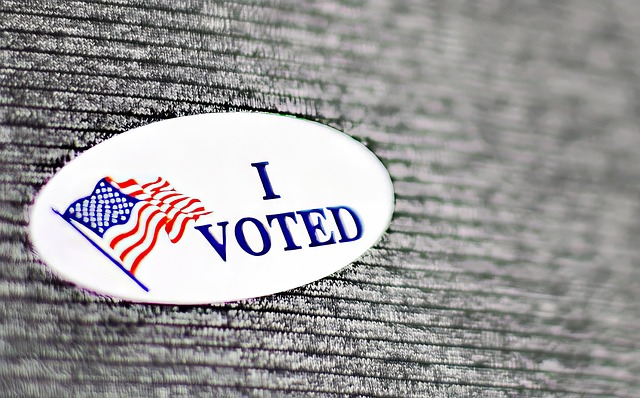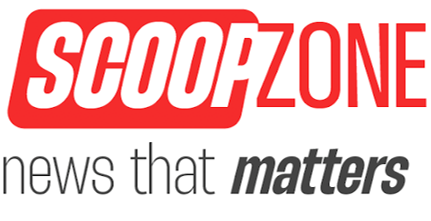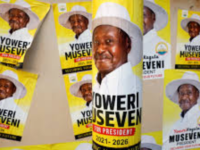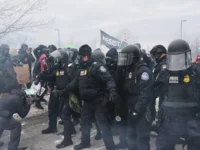Bolivia Votes in Pivotal Election That Could End Socialist Era

Bolivia headed to the polls on Sunday in one of the most consequential elections in decades, with the outcome potentially bringing an end to over twenty years of socialist dominance. The vote, which will decide the presidency and parliament, takes place against the backdrop of the nation’s worst economic crisis in forty years.
More than 7.9 million Bolivians were eligible to cast ballots in the mandatory election, but with nearly a third of voters undecided heading into the weekend, the race was far from predictable.
Right-Wing Candidates Lead in Tight Contest
Two conservative candidates emerged as the frontrunners: businessman Samuel Doria Medina, a wealthy entrepreneur, and Jorge “Tuto” Quiroga, a former president. Both represent a break from the long-standing rule of the Movement Toward Socialism (MAS), which has dominated Bolivian politics since Evo Morales rose to power in 2006.
For years, MAS relied on its rural and working-class base, but internal divisions and mounting economic hardship have weakened its grip. Current president Luis Arce, once Morales’ protégé, withdrew from the race after his popularity collapsed, leaving the party scrambling. His minister, Eduardo del Castillo, became the official candidate, while Senate leader Andrónico Rodríguez also launched a separate bid.
Morales himself, barred from running, has complicated matters further by urging his followers to spoil their ballots instead of supporting MAS’s chosen successor.
Economic Turmoil Shapes the Debate
The campaign has been dominated by economic concerns. Bolivians face long lines at gas stations, shortages of subsidized food, and inflation running at double digits. Both Doria Medina and Quiroga have argued that austerity measures are necessary, including cuts to subsidies, in order to prevent a financial collapse.
But critics warn such policies could ignite mass unrest, particularly among Indigenous and low-income communities that benefited under MAS during the commodities boom of the early 2000s. Morales’ decision to nationalize the energy sector once funded massive infrastructure projects and poverty reduction programs, achievements many fear could be reversed under conservative leadership.
Regional and Global Implications
The stakes extend beyond Bolivia’s borders. The country is home to the world’s largest reserves of lithium, a mineral essential for electric vehicle batteries and global energy transition efforts. While MAS maintained close ties with China, Russia, and Iran, both right-wing candidates have pledged to strengthen relations with the United States, which were severed in 2008, and open the door to foreign private investment.
They have also expressed interest in re-establishing relations with Israel and expanding opportunities for international companies to exploit Bolivia’s natural resources.
Analysts suggest a conservative victory would align Bolivia with a growing trend in Latin America, where leaders like Argentina’s Javier Milei and El Salvador’s Nayib Bukele have gained popularity by challenging traditional political establishments.
What Comes Next
If no candidate secures over 50% of the vote, or at least 40% with a 10-point lead, the election will move to a runoff on October 19. This would be the first time in over four decades that Bolivia heads to a second round.
For many citizens, however, the election is less about ideology and more about survival. “There’s enthusiasm for change, but no enthusiasm for the candidates,” said La Paz vendor Eddy Abasto. “We’re tired of politicians living comfortably while ordinary people struggle.”
Whoever wins will inherit a nation at a breaking point, with its political future and economic stability hanging in the balance.









